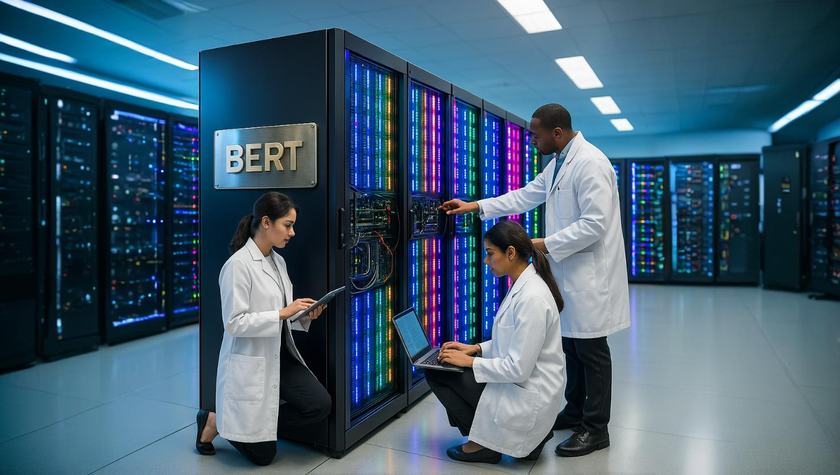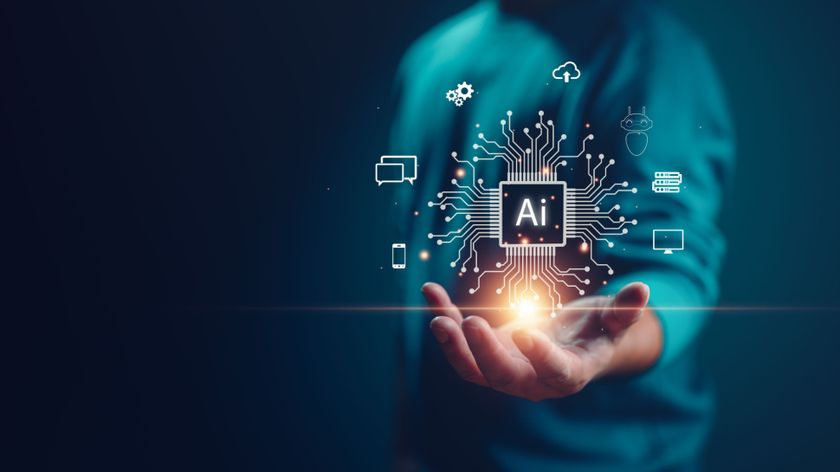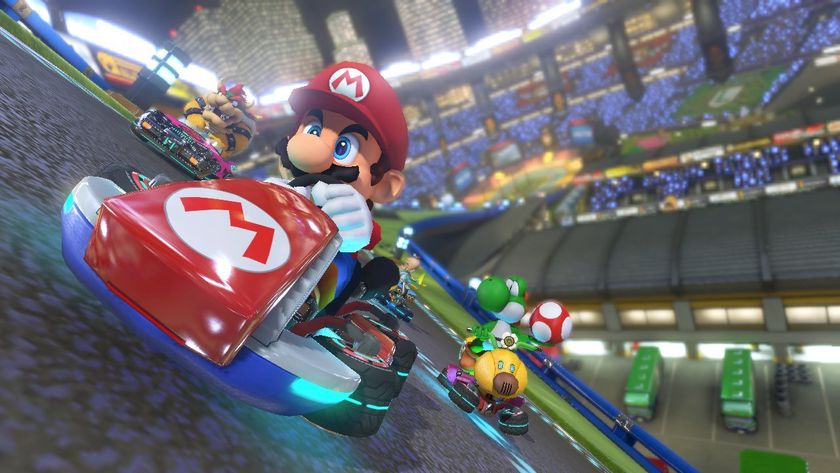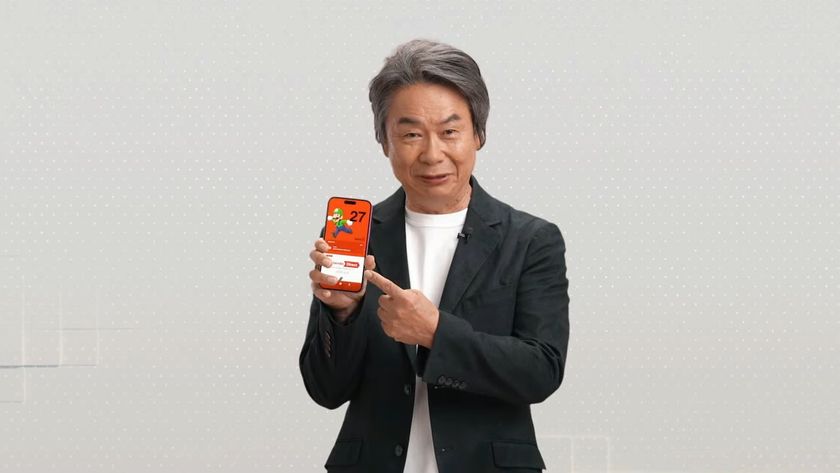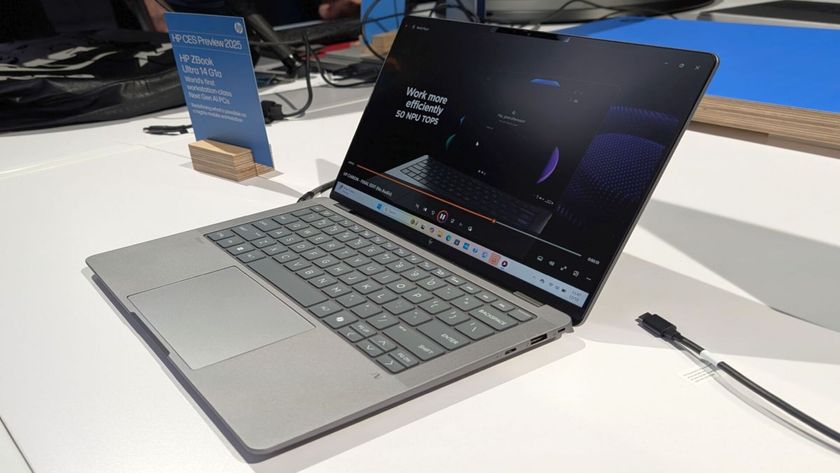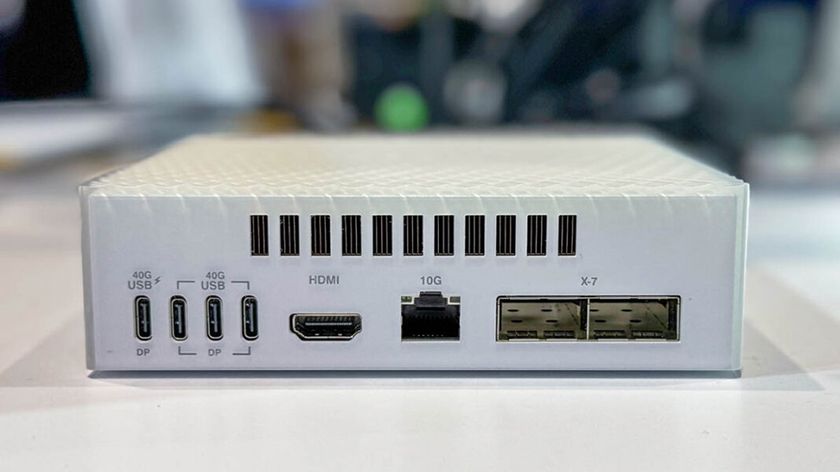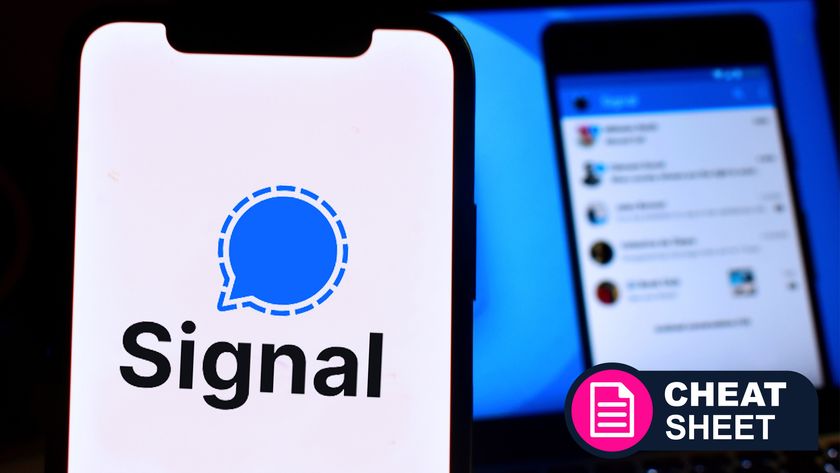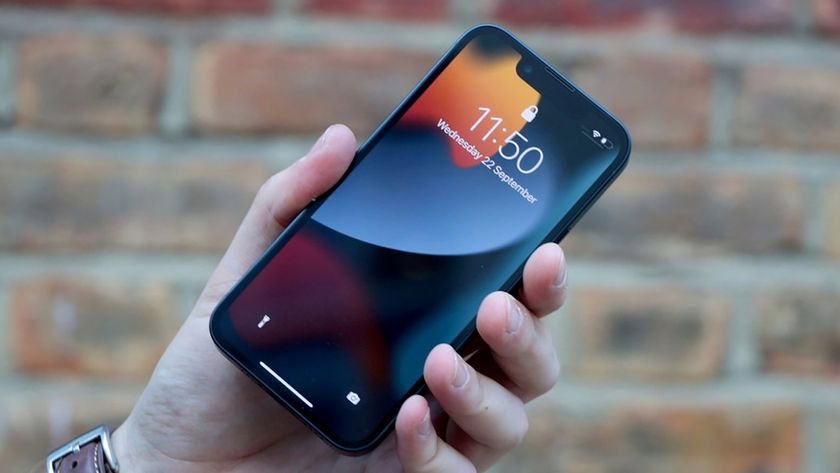M2M technology is changing the way we live
Smarter cities, better healthcare
TRP: What needs to be done to strengthen the positive development of recent years?
ES: It is important to raise awareness amongst decision makers such as politicians for the huge impact M2M has on the entire economy – and that the impact will become even bigger once M2M gets the support it deserves.
Politicians must recognise the tremendous potential of M2M applications and how they can help to strengthen our markets. Europe stands for excellent technology and know-how. Millions of jobs as well as our standing in the world depend on our knowledge and businesses. The politicians must provide the basis for modern M2M solutions that help businesses and our entire economy in the form of support, laws and regulations.
TRP: Where do you see the biggest potential for M2M?
ES: Automotive, vending, automation, transport and logistics, smart home, smart grids, security – these are probably the kind of industries everyone immediately associates with M2M technology. Billions of devices and machines are already connected in these sectors.
The private sector gets less attention, but even here, many M2M applications are already in place. The difference is that the general public or even the actual end users are not necessarily aware of it.
The modern sport shoe that communicates with the pulse monitor which again transmits the data to an internet platform once we come home from our run through the park is based on M2M technology. Our new speedometer sends the route we have just cycled to the digital map on our computer, including the altitude of every hill we have climbed, and the system compares the results with the route and data from our last trip.
Are you a pro? Subscribe to our newsletter
Sign up to the TechRadar Pro newsletter to get all the top news, opinion, features and guidance your business needs to succeed!
In other words: the potential for M2M is endless. The next step up from our gym equipment is the way M2M communication is employed in eHealth.
TRP: Can M2M also help to improve the healthcare system?
ES: M2M solutions already help many hospitals and other companies in the healthcare sector to deal with the tremendous amounts of data they need to store and access on a daily basis. Some of this information is so important that any form of mismanagement could have very serious consequences. That's why it is important that only tried and tested systems are being employed.
M2M already plays an important part in the health sector, and it will be even more important in the future. The automated transmission of ECG and blood pressure from the patient to a hospital or doctor is already possible. Such systems improve the quality of life of many patients as well as the standard of service at the hospital. Rather than checking the heart rate of a patient which is currently perfectly normal and who could have stayed at home, the doctor can see other patients that actually need treatment.
This way, organisations such as the NHS can not only improve their services, but also their finances. In Scandinavia, eHealth is already widely implemented, amongst others to ensure that patients who live in rural areas get the attention they need even if the doctor is based many miles away.
TRP: Will Smart Cities soon be reality?
ES: Some solutions are already a reality, and there are many exciting projects in the pipeline. Big data and M2M communications help cities and communities to use their resources more efficiently whilst increasing the quality of life of residents, commuters and visitors.
Shoppers will receive information via their navigation systems about available parking spaces and road works – and even updates about the availability and price of the product they are looking for in local shops. Tourists will enjoy a comprehensive service, including routes, ticket prices and timetables in real-time, and up-to-date information about points of interests in their vicinity. Intelligent traffic control increases the appeal of cities for residents and visitors alike. Cities and councils will be able to control street lights more efficiently to save energy and money.

Désiré has been musing and writing about technology during a career spanning four decades. He dabbled in website builders and web hosting when DHTML and frames were in vogue and started narrating about the impact of technology on society just before the start of the Y2K hysteria at the turn of the last millennium.



